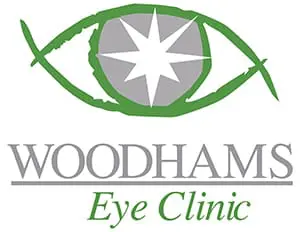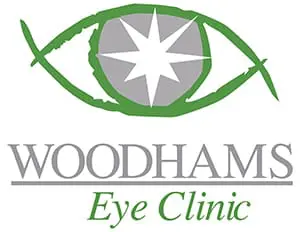We’ve all been there. You realize too late that you’ve slept in day-wear contacts, or left town without bringing a contact case for your lenses. No big deal, we tell ourselves. Or is it?
You probably won’t suffer immediate consequences from neglecting your contacts occasionally. Many people have worn their lenses longer than recommended. But even if you’re following the rules, your eyes sometimes need a break from contacts.
The Association for Research in Vision and Opthalmology investigated oxygen deprivation in contact lens wearers and published three conclusions:
- “The extended wear of hydrogel lenses induces significant changes in all layers of the cornea.”
- “Lens wear suppresses aerobic epithelial metabolism, which may compromise the epithelial barrier to infection.”
- “Changes to the stroma and endothelium are long-lasting.”
In other words, oxygen deprivation from regular contact use causes sizable alterations of your cornea, heightens risk of infection, and, while several effects can be reversed, could change some of the most important parts of your eye indefinitely.
Wear Your Contacts As Directed
Some folks who start out cutting corners with their contacts end up with bad habits that are hard to break.
You can imagine how occasional forgetfulness toward taking your contacts out can turn into full-blown negligence. The apparent lack of damage can lure you into a false sense of security. However, it’s possible to wear your contacts for such a long time that you develop an allergy to contact lenses. The problem starts with oxygen deprivation. At first, there is no irritation, just a feeling of relief at the exposure to freedom when you remove your contacts, but over time, the problem develops. Since many people take a reactive approach to eye health, they wait until discomfort develops to make an appointment. Instead, it’s good to rest your eyes before there’s a problem.
Consumers who follow manufacturers’ instructions with their contact lenses are usually surprised to hear that a break period can be beneficial. But keep in mind that following the rules won’t always keep you healthy — it’s just a good way to lower the risks of more serious complications.
Take a Break
The first course of action for many eye diseases or disorders is to cease wearing contact lenses, notes Kelechi Mezu-Nnabue, OD. What if you don’t have a disorder or disease? Great! The goal is to keep your eyes disease-free, and one of the best preventive measures you can take is to allow your cornea some air. When cells have all the nutrients and oxygen they need, they perform the way they’re designed to.
No one sets out to neglect the health of their eyes. Life sometimes just gets in the way, and occasionally you’re not able to care for your contacts like you should. But when cutting corners becomes a habit, you’re putting your eyes at risk for trouble. Even if you use extended-wear lenses, which are meant to be worn through the night, there are times when your eyes need a rest. The bottom line? Take a proactive approach and give your eyes a break from contacts before you feel it’s needed.
For questions or comments, contact Woodhams Eye Clinic.

